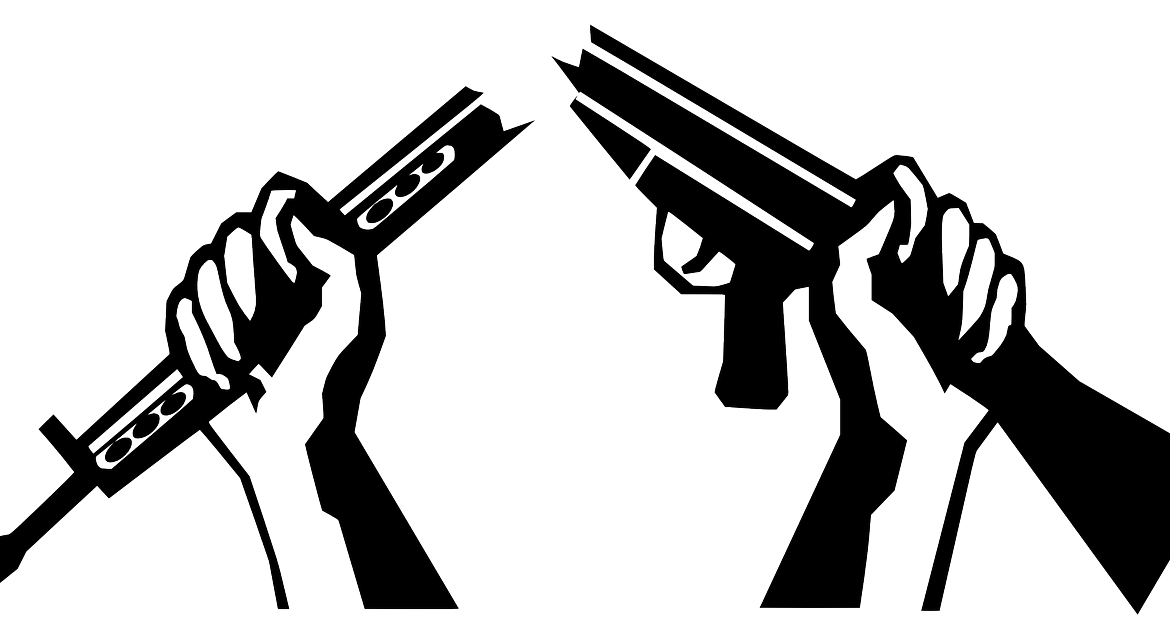What happened to Hamas as it provides remarkable flexibility in the recent negotiations taking place in Doha? And, what is new in Israel's position, which made several parties express their optimism about the possibility of stopping the war?
Hamas has remained tough in negotiations on a ceasefire and the release of hostages, despite the pressure it has been under over the past ten months since October 7 attacks. This was followed by the deterioration of the humanitarian situation of the residents in Gaza and Rafah, and death, disease, hunger, displacement and destruction, which led to an escalation in public discontent.
The increasing severity of the exhaustion suffered by Hamas and its brigades, the shortage of ammunition, the raise in the number of its deaths, and the scarcity of financial resources were putting pressure on it. However, the group is an extremist-one and did not show any flexibility, so what has changed? With the sharp escalation on the Israeli-Lebanese front, it became clear that neither Israel nor Iran want this clash. Therefore, the only way out that could save faces for Iran, Hamas and Hezbollah was to cool the Palestinian front by showing some flexibility in the negotiations, including discussing «interim government» and releasing some hostages before the ceasefire.
On the other hand, the pressure on Netanyahu, both local and international, has not forced him to concede over the past ten months, while the pressure to continue the war increases. Furthermore, the pressures of the families of the hostages and the families of those killed in the Israeli army are mounting, and there are disagreements within the ranks of the political elite.
After ten months into the war, the Israeli economy stands at a crossroads, with almost complete collapse and paralysis and huge losses in the construction and real estate sectors, industries, agriculture, and domestic tourism. The war has also deep repercussions on the general budget of Israel, which suffers from a deficit of 6.6 percent of the gross domestic product, according to the Bank of Israel report.
Then there is international pressure, including American one, which stresses for ending the war before the elections, so that the Biden administration can invest in electoral propaganda, and there is American public opinion, which is putting pressure on the American administration to restrict a number of arms deals and procrastinating their delivery to Israel.
The same is true in Europe, where Britain, France, and Germany agreed to Biden’s paper, which was presented to both Hamas and Israel, which calls for an end to the fighting in Gaza.

